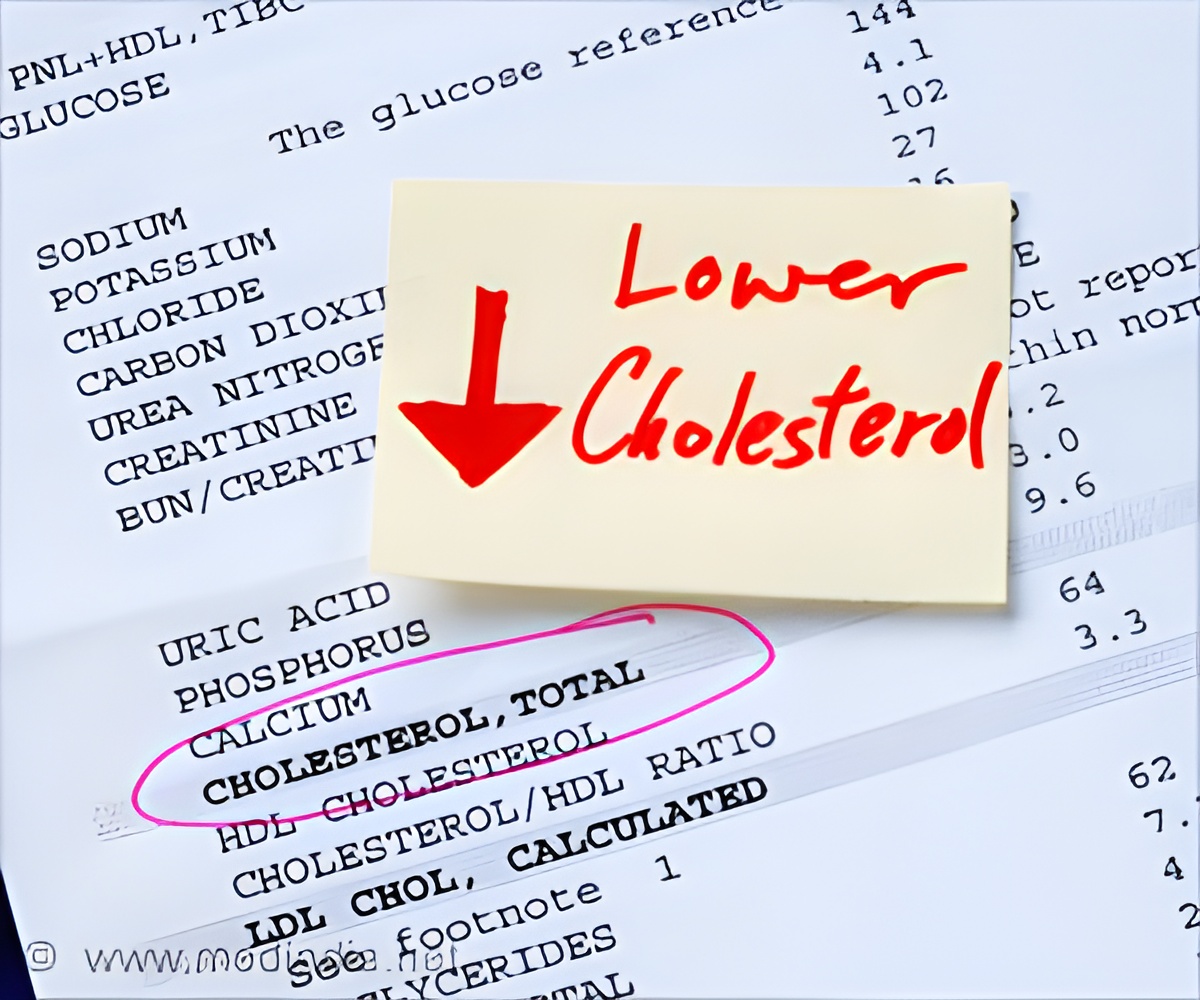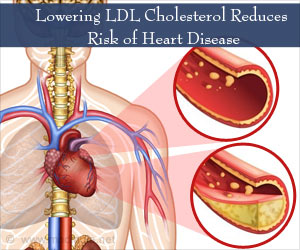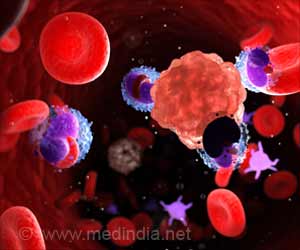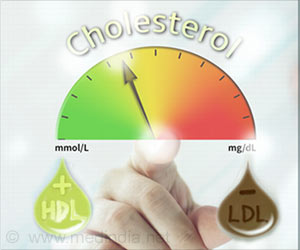Monoclonal antibody Evinacumab can effectively decrease levels of low density lipoprotein (LDL) in patients with hypercholesterolemia

‘Monoclonal antibody Evinacumab showed good results in lowering low density lipoprotein (LDL) especially in patients with familial hypercholesterolemia who are resistant to standard therapy thereby reducing risk of cardiovascular disease.’
Read More..




In Familial hypercholesterolemia, which is a common inherited condition difficult to treat, evinacumab combined with maximally-tolerated doses of other cholesterol-lowering drugs showed good result in reducing the high cholesterol levels. The mechanism of action of evinacumab is different than the existing drugs.Read More..
The principal investigator of the study Robert Rosenson, Professor of Medicine and Director of Cardiometabolic disorders at the Icahn School of medicine at Mount Sinai said,“Our study assessing the safety and efficacy of evinacumab shows that it can lower LDL cholesterol by half in patients unable to attain target guidelines despite maximally tolerated lipid lowering therapy. Evinacumab is a fully human monoclonal antibody that inhibits angiopoietin like protein 3 (ANGPLT3) and lowers LDL cholesterol through an LDL receptor independent pathway. Genetic studies have shown that people who are missing or have low levels of ANGPTL3 are known to have very low lifelong levels of LDL cholesterol and rarely suffer from atherosclerotic cardiovascular disease.”
Severe hypercholesterolemia (increased cholesterol) is having untreated LDL cholesterol value greater than or equal to 190mg/dl. Familial hypercholesterolemia is commonly seen in patients with early-onset cardiovascular disease. According to the American Heart Association/American Congress of Cardiology guidelines, the recommended levels of LDL in patients with high risk of cardiovascular disease is less than or equal to 70mg/dl.
The standard triple therapy of a high intensity statin (slows cholesterol production), PCSK9 inhibitor (binds to PCSK9 protein), ezetimibe (decreases cholesterol absorption from the intestine) does not show much benefit in patients with hypercholesterolemia.
Dr Rosenson says,“There's an unmet need for agents that address refractory hypercholesterolemia through a pathway that's independent of the LDL receptor. If approved by the U.S. Food and Drug Administration, evinacumab may potentially fill that clinical gap for patients, by reducing severely elevated LDL cholesterol."
Advertisement
Heterozygous familial hypercholesterolemia (HeFH) is a type of familial hypercholesterolemia caused by a mutation in the LDL receptor gene. Dr Rosenson said,“Our study demonstrates that a regimen of either subcutaneous or intravenous evinacumab can have a significant impact on LDL cholesterol. If approved for use in this setting, evinacumab could potentially arm cardiologists with a major new add-on therapy to bring patients with HeFH to or closer to their cholesterol-lowering goal.”
Advertisement
Source-Medindia








